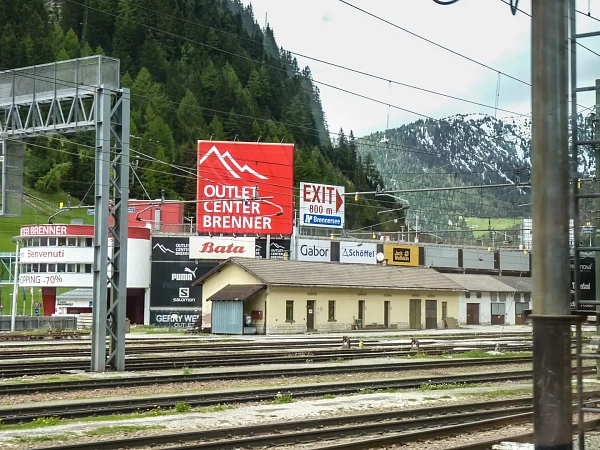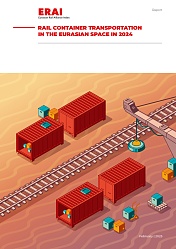Frankfurt-based rail freight company Helrom GmbH has announced the opening of a new freight route between Regensburg, Germany, and Verona, Italy, via the Brenner Pass. The service, set to commence on 24 October 2024, will offer a sustainable alternative to road freight, reducing CO₂ emissions by 90 per cent.
The new route spans 560 km and will initially operate with four departures per week in each direction. Helrom plans to increase the frequency of trips fr om 2025.
Helrom uses a patented freight wagon technology that allows standard truck semi-trailers, including non-craneable ones, to be transported by rail. This reduces the need for additional infrastructure or investments from freight forwarders, making the service accessible to smaller companies. According to Helrom, this approach will simplify the shift from road to rail transport and support efforts to make logistics more sustainable.
This development comes at a time of increasing restrictions on road transport through the Brenner Pass. Upcoming renovations to the Lueg Bridge and the enforcement of stricter emission standards and night-time driving bans for trucks from January 2025 are expected to further lim it road freight capacity.



